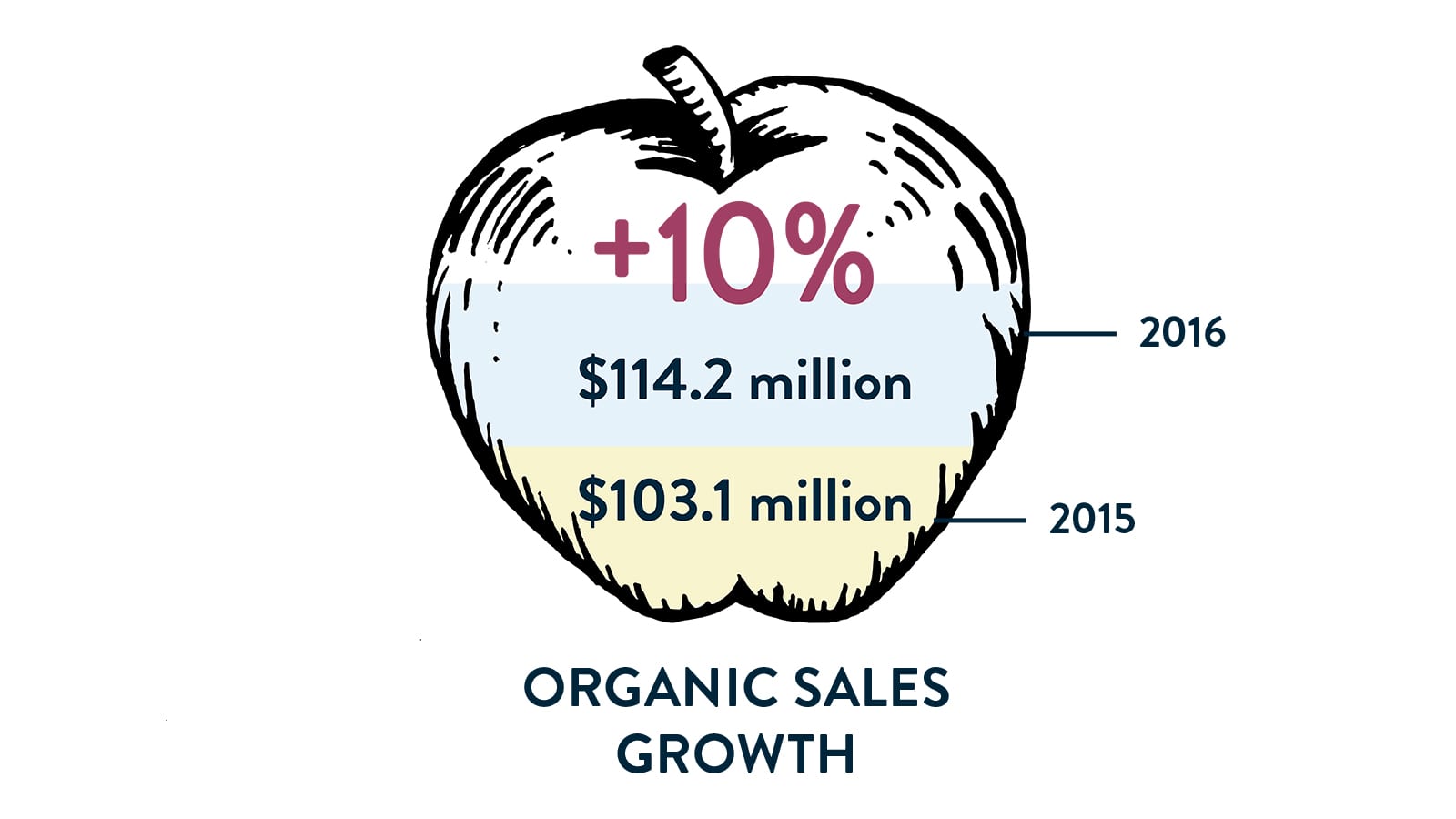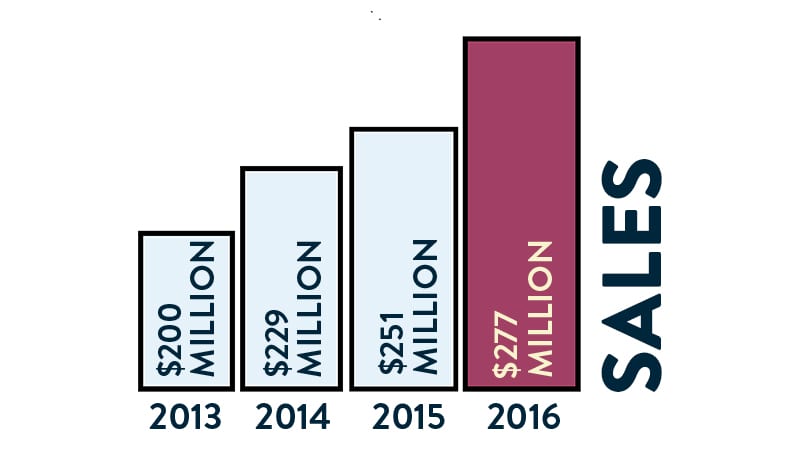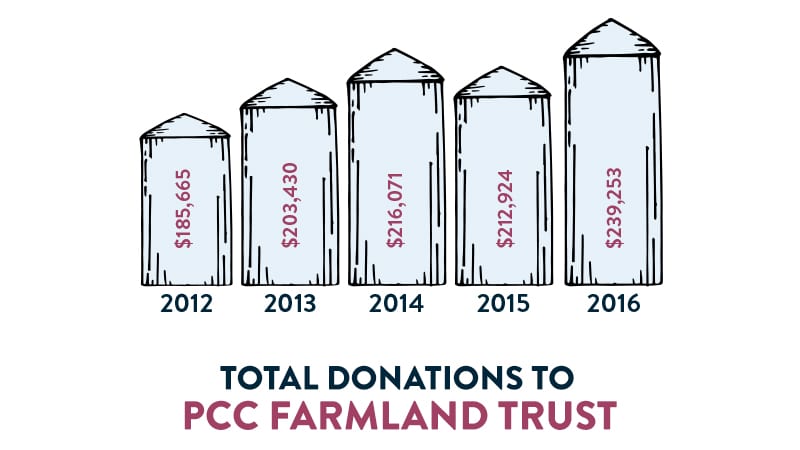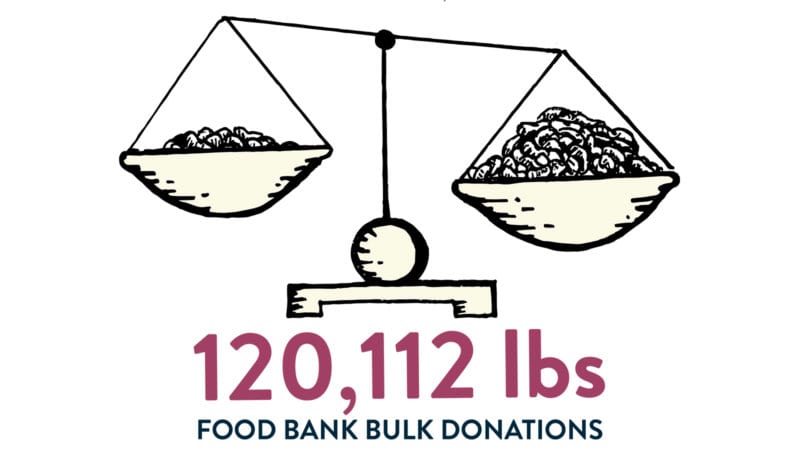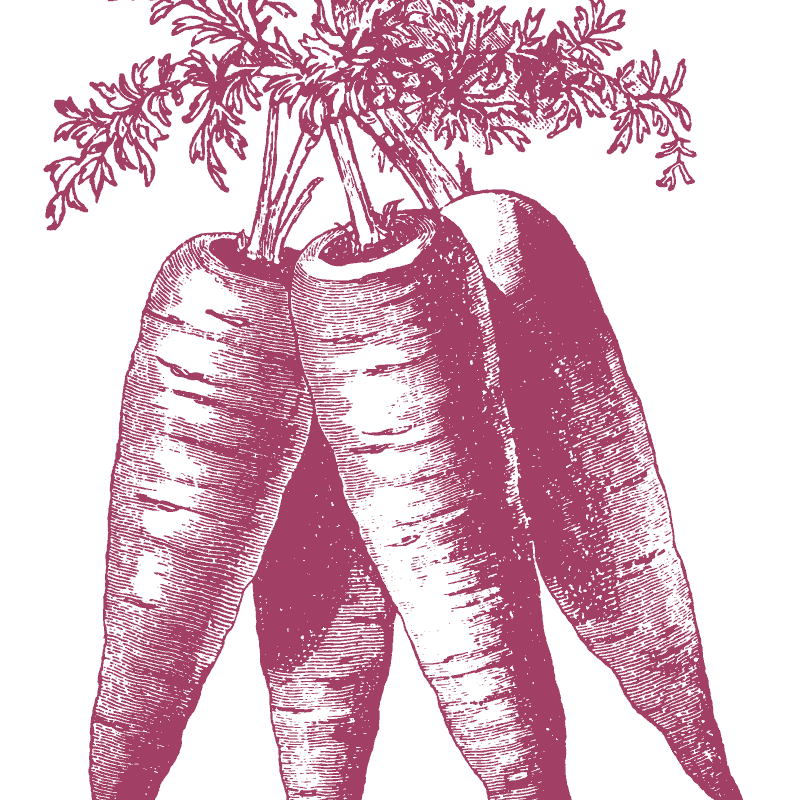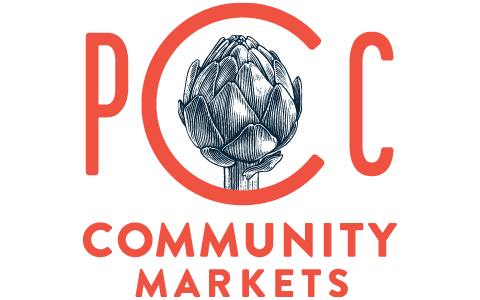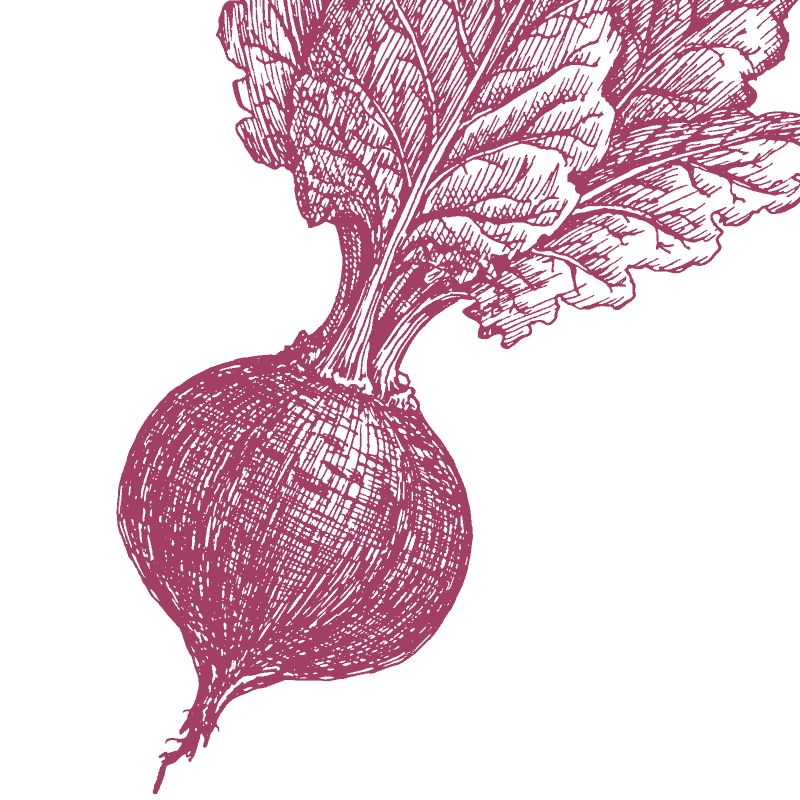There’s a proverb that says, “A good deed dies when it is spoken about.” The spirit of this belief — and an honest-to-goodness Pacific Northwest humbleness — moved our co-op to take a quiet approach to good deeds over the years, doing many, but speaking loudly of few.
If we had more broadly shared our accomplishments, you’d already know that in 2004, PCC was the first retailer to participate in Monterey Bay Aquarium’s Seafood Watch Program, setting the bar for standards around the fresh fish and seafood we sell. You’d recall that our modest Pacific Northwest co-op was the first in the nation to build a store to LEED Gold standards in 2006, raising expectations for grocers in sustainability and green buildings. And, that we eliminated plastic shopping bags from our stores in 2007 — five years before the City of Seattle enacted its own plastic bag law.
These, and many others, are endeavors we share with members in our newsletter, Sound Consumer, and document annually for our Board of Trustees. However, we’ve never communicated them in aggregate with our shoppers and community. We felt it was time this changed.
The result is this document, PCC’s first annual Co-op Purposes Report. This report establishes a foundation for what we’ve done in the past and, more specifically, in 2016. Within, you’ll find a snapshot of our co-op’s history in environmental sustainability, social responsibility and food advocacy; information and data from 2016; and stories that detail how we’re making advancements toward our social, environmental and financial bottom lines.
We’re using this initial report as an opportunity to offer context for where we focus our efforts and our co-op’s resources. Next year, in our report covering 2017, we’ll share the goals and aspirations we’re setting for the future in the hope that you’ll be inspired to help us reach them.
As a community-owned food market, we are accountable to our members. We’ve come to realize that a quiet approach will only get us so far in achieving our social and environmental goals. By sharing our work, we build community, we attract new people to our co-op, and we get closer to our mission of creating a cooperative, sustainable environment in which the natural and organic supply chains thrive.

Cate Hardy
CEO, PCC Community Markets





